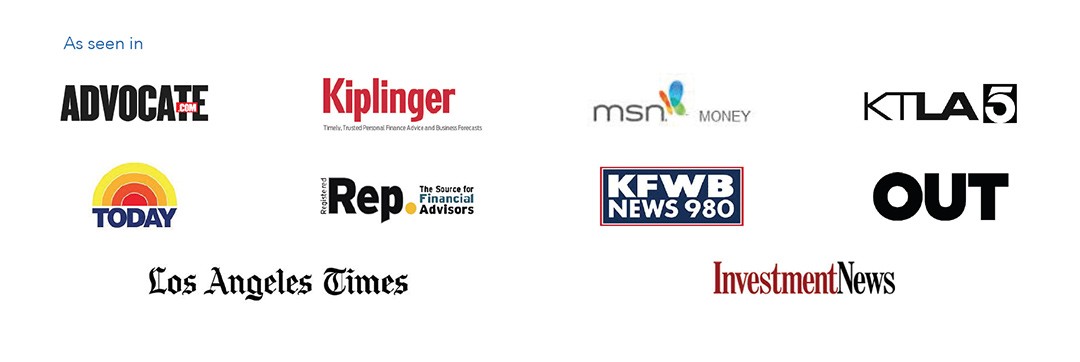Does FINRA Really Protect Investors from Bad Financial Advisors
Post on: 16 Март, 2015 No Comment

FINRA is the Financial Industry Regulatory Authority. It produces the rules that govern more than 600,000 stock brokers and financial advisors and the 5,000 broker/dealers that employ or license them. FINRA rules are supposed to protect investors from bad brokers, bad firms, and bad products. But do they? Bernie Madoff’s clients will tell you there is no protection. You are responsible for protecting your own financial interests. See my recent interview about this by Claudia Buck Personal Finance: How to Ensure Brokers Honest .
FINRA is a Self Regulatory Organization that is funded and controlled by Wall Street. That’s right Wall Street regulates itself. And, if that is not a big enough conflict, FINRA executives have million dollar salaries that are paid by Wall Street firms. FINRA has a major conflict of interest that manifests itself in three ways: Regulations, BrokerCheck, and Mandatory Arbitrations.
Regulations
FINRA regulations favor Wall Street more than they favor individual investors. For example, financial advisors do not have mandatory disclosure requirements. This should be a minimum requirement for any individual who wants to invest your retirement assets.
But, it goes deeper than that. Wall Street does not have minimum education requirements, not even a high school diploma, for stock brokers and financial advisors. And, there is no minimum experience requirement, not one day. This makes it easy for Wall Street firms to replenish their sales ranks, but it creates a major risk when investors select financial advisors. All too often they select the advisors with the best sales skills and not the best qualifications.
BrokerCheck
Investors can use FINRA’s BrokerCheck to check the compliance records of anyone who holds a license to sell investment products. This is a worthwhile service, that has gotten slightly better over time, but it has stopped well short of providing all of the information investors need to make the right decisions when they select financial advisors.
If FINRA does not provide the information, it is up to investors to ask the right questions and know good answers (benefit them) from bad answers (damage them). Over the years, Paladin surveys have shown less than 10% of investors ask the right questions. They base their selection decisions on what is said to them in finely honed sales pitches.
FINRA could create mandatory disclosure requirements tomorrow if Wall Street firms would let it. But, that is not going to happen. Wall Street makes a lot of money when low quality advisors sell low quality products that charge big fees and commissions.
Mandatory Arbitration

FINRA may not have mandatory disclosure, but it has mandatory arbitration that limits investor claims to a monopolistic process that protects Wall Street. The financial services industry does not want the publicity of thousands of jury trials every year that document how it damaged investors. Arbitrations occur behind closed doors and panels are selected by FINRA.
In this case investors are part of the problem. They lose legitimate claims because they did not ask the right questions and they did not require documented responses. Why question advisors they like and trust? They do not believe newly developed friends will take advantage of them to make more money.
When there is a dispute it is their word against the advisors and they will lose every time. They have no documentation because they did not believe they needed it when they selected their advisors.
Wall Street Wins Two Ways
Does FINRA really protect investors? It provides partial information and arbitration services, but it stops well short of providing investor protection that may damage Wall Street interests.
Wall Street controls the data you see when you select financial advisors. Wall Street controls the only process you can use when there is a dispute. Wall Street wins again.














